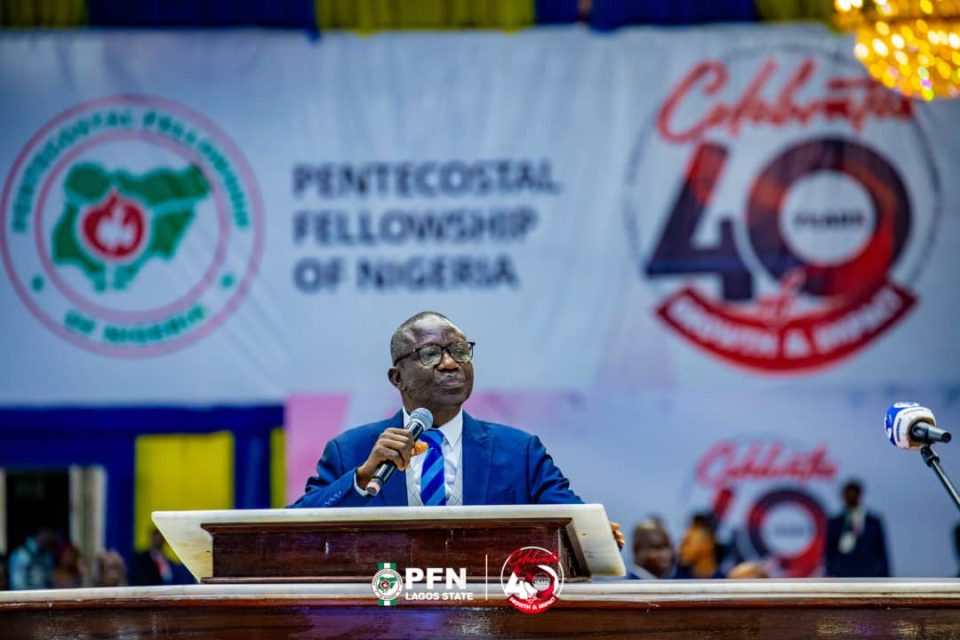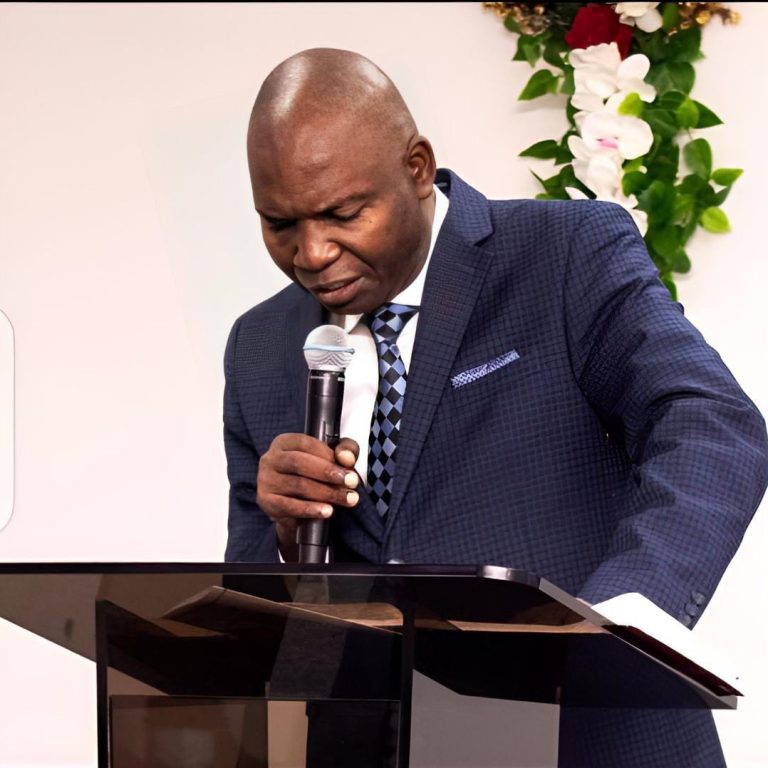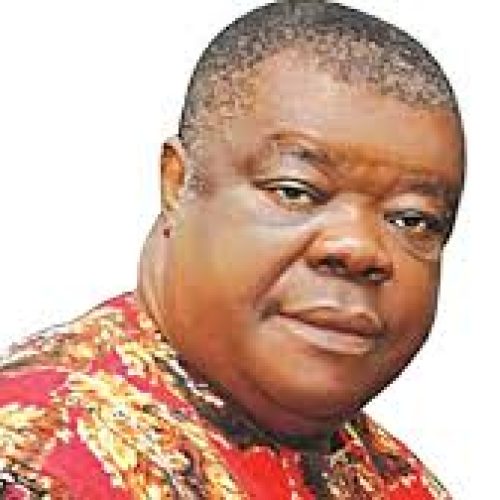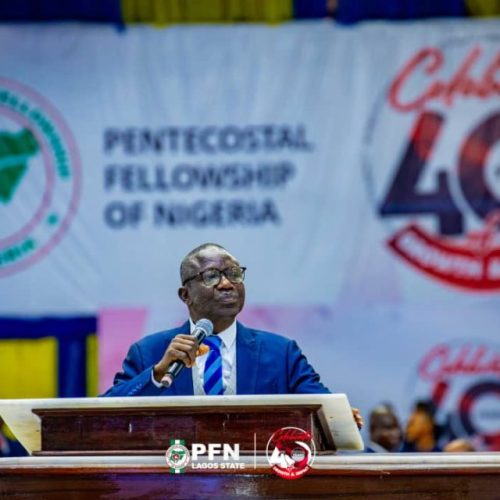The first American Board of Missions organized in this country was formed when a handful of young men
became fired by God “with the duty and importance of personally attempting a mission to the heathen.” The
founding members included Adoniram Judson. By 1811, the zealous young board was appealing for funds
from churches in New England to establish their first mission in Asia. Among those appointed to this mission
work was Adoniram Judson. Shortly after this appointment Mr. Judson made an offer of marriage to Ann
Hasseltine. He was frank in telling her just what the future would hold for her as his wife – loss of home and
friends, weariness, loneliness and perhaps death itself. He told her that without doubt they would share a life
of numerous defeats and privations.
About this time, Ann’s friend, Harriet Atwood, received a proposal of marriage from Samuel Newell, also a
member of the board and appointed with Adoniram Judson to the foreign mission field. Deep thought and
prayer and serious discussions took place between the young ladies. They asked God to help them make the
decision that would be in accordance with His will, and they laid their lives on God’s altar in complete
consecration. They were led to accept not only the proposals of these young men but also the call of God to
become the first American missionary women.
When Ann’s friends realized she was going into missionary work they tried in every way to discourage her.
They called her plans wild and visionary. Nevertheless, she was determined to answer the call of God in her
own life. Writing of her decision to go out as a missionary, Ann wrote: “Might I be the means of converting a
single soul, it would be worth spending all of my life to accomplish. I am not only willing to spend my days
among the heathen in attempting to enlighten and serve them, but I find much pleasure in the prospect.”
February 1812 was a memorable month in the life of Adoniram Judson. He bade goodbye to his parents
on the third, married Ann Hasseltine on the fifth, was ordained on the sixth and he and his bride set sail for
India on the eighteenth. The newly married couples, the Judsons and the Newells, embarked on the
“Caravan” from Boston for India. Adoniram’s younger brother, Elnathan, accompanied the two new
missionaries to the ship. Previous to this time, Elnathan had never given his life to Christ. As they were about
to part, Adoniram could not refrain from pleading with his brother to accept Christ as his Savior. Before the
“Caravan” had left the docks, Elnathan had given his life to the care and keeping of God.
The four new missionaries spent four long months on the sea before they landed in Calcutta, India on
June 18, 1812, where they were welcomed by Felix Carey, the son of the venerable missionary, William
Carey. The new missionaries soon realized that missionary work in India was almost at a standstill, largely
because of the fact that the East India Company was opposed to every effort for the evangelization of India.
Ten days after their arrival, an order for their deportation was read to them.
They were told that they must
return to America. They sought God daily in prayer. God miraculously opened the doors and they were
allowed to escape to the Isle of France [present-day Mauritius in the Indian Ocean off the east coast of
Africa]. Sorrow greeted the Judsons when they reached the island as they learned that the Newells, who
preceded them to this new location, had lost their baby at his birth, and Mrs. Newell, Ann’s friend Harriet, had
become sick and died shortly afterward. Mr. Newell’s health failed and he traveled to Ceylon where he
eventually recovered and found a place of service.
Shortly after this, Mr. Luther Rice, a co-founder with Mr. Judson of the American Board of Missions,
returned to America where he sought to quicken the interest of Baptist churches in foreign missions. As a
result, the Baptist General Convention was formed and one of the first projects of the Convention was the
appointment of Mr. and Mrs. Judson as its missionaries. God had opened another door and a great difficulty
was cleared away.
After remaining at the Baptist Mission House on the Isle of France for a short time, the Judson’s traveled
to Burma, the land where God had ordained them to serve. They were anxious to settle in Rangoon, but
everyone assured them that lower Burma was not yet ripe for missionary work. Nevertheless, these two
pioneers sailed for Rangoon in the summer of 1813, ascended the Rangoon River and were delighted with
their first glimpse of this beautiful country. Burma is a rich and productive land. Great crops of rice and teak
wood as well as fruits in abundance are harvested there. Also the earth produces a number of precious
stones, silver, gold and copper.
Rangoon at that time, although the chief port, was a village of about 10,000 persons and not one of the
Burmese was a Christian, having found salvation through Christ. The new missionaries realized the
immensity of the task before them and set themselves diligently to the labor of learning the new language.
Judson hired a native teacher and it was not many weeks before both he and his wife could converse with
the Burmese people with whom they would visit in daily walks through the town. Both Adoniram and Ann had
a natural gift for language and before long they were able to share of the saving power of Christ in the
Burmese language.
After six months of residence and study in Burma, Mrs. Judson’s health gave way and she was forced to
sail to Madras for medical treatment. She remained in that city for some three months and did in a measure
regain her health.
It was some months before the missionaries were able to gain the complete confidence of the Burmese.
While the Burmese observed and listened to the foreigners who had come across the water to tell them of a
new and better religion, it was several years before any of these outwardly gave their hearts and lives to
Christ. They listened attentively to everything Mr. and Mrs. Judson had to say but would not accept it. They
would say, “Our religion is good for us, yours for you.”
It was a difficult labor of love in which these missionaries were engaged. The indifference on the part of the
Burmese was disheartening, and yet after a year and more had passed with no converts, they were far from
discouraged. They realized that they were as yet laying the groundwork and God would provide the harvest
in His due season. They understood that foundation work requires faith, perseverance and constancy.
Previous to the coming of two new missionaries, Adoniram and Ann Judson had been laboring three years
in loneliness and sorrow with no fruits for their labors. They had suffered much in the way of trial and
tribulation. Sorrow after sorrow rolled over them. In May 1816, their firstborn, a boy aged eight months, died
and was laid in the grave. In November 1817, Mr. Judson was forced by a breakdown in health to leave
Rangoon for a sea voyage. He was gone for six months, and during all this time was unable to communicate
with his wife. She had to endure all the agonies of uncertainty during this period. Their hope and consolation
in God alone sustained them.
(To be continued)
– Adapted and used with permission from An Hour With Adoniram and Ann Judson by T. W. Engstrom,
and supplemented with information from the book Ann Judson by Basil Miller.












